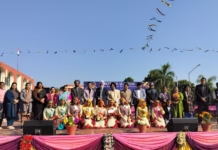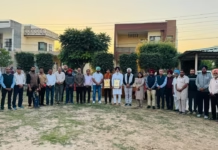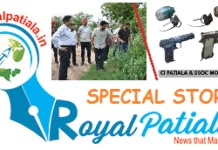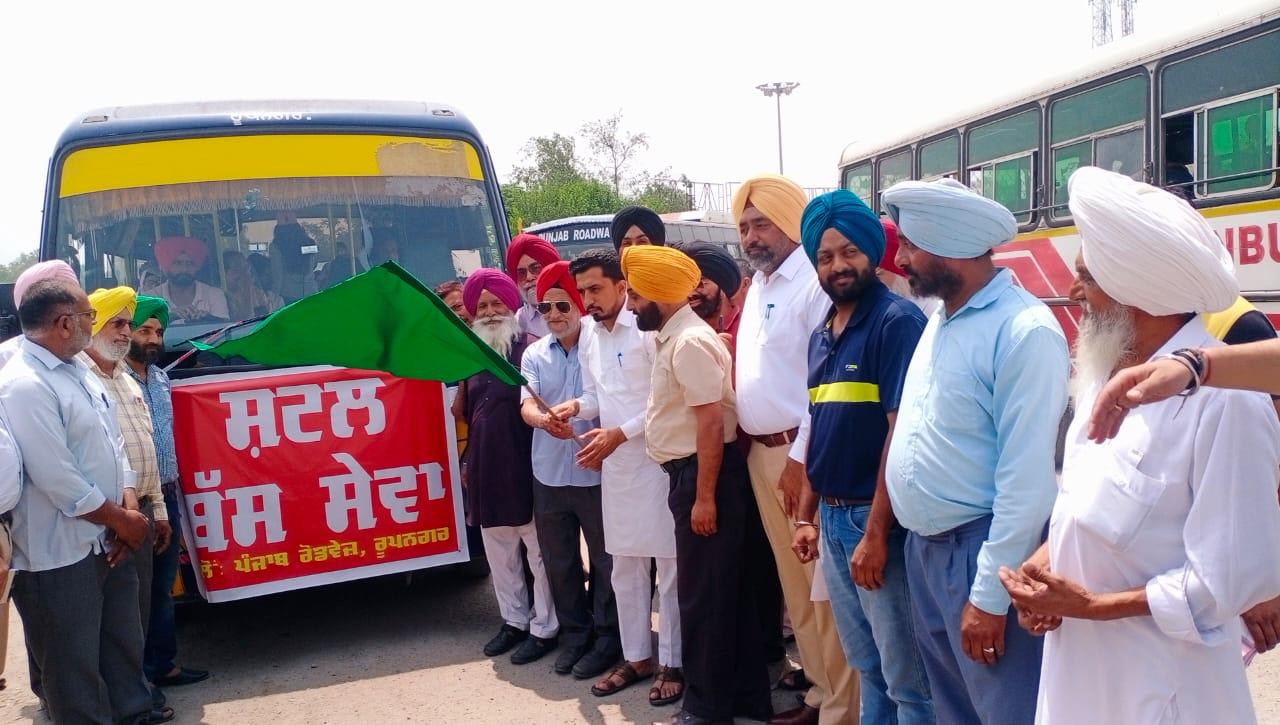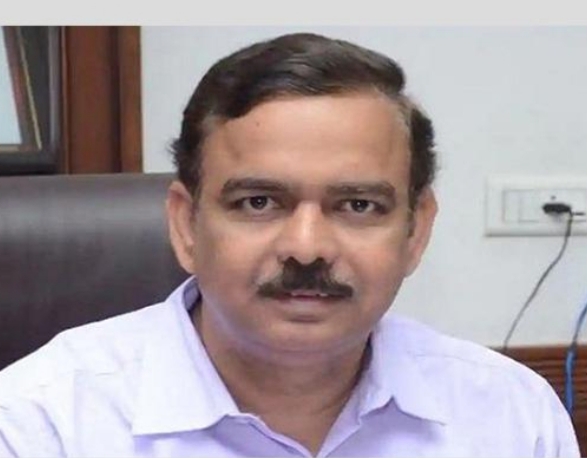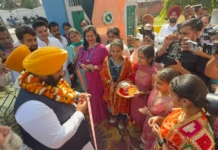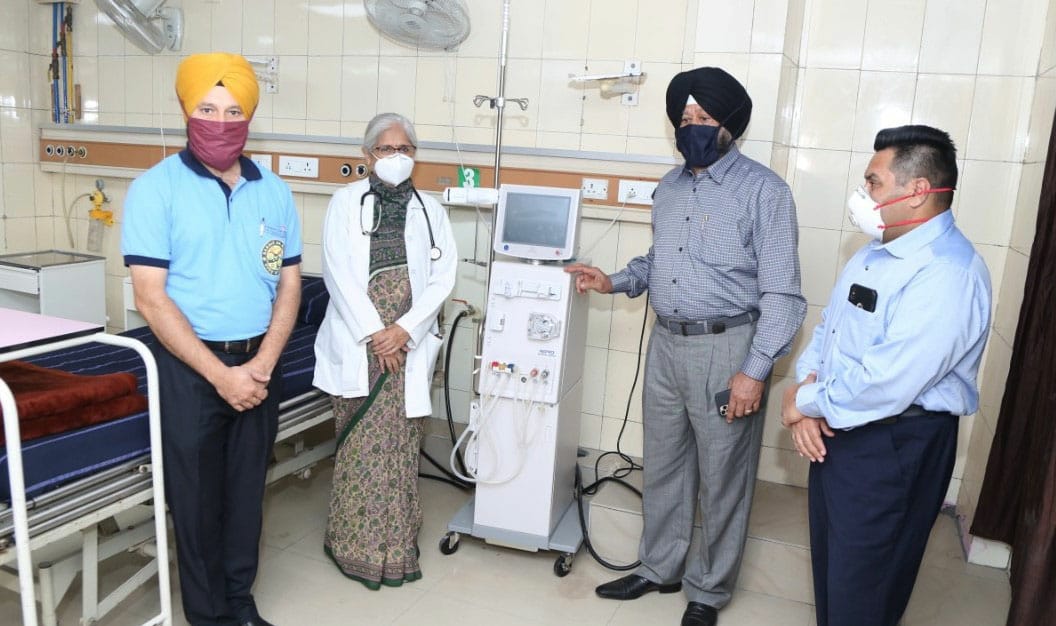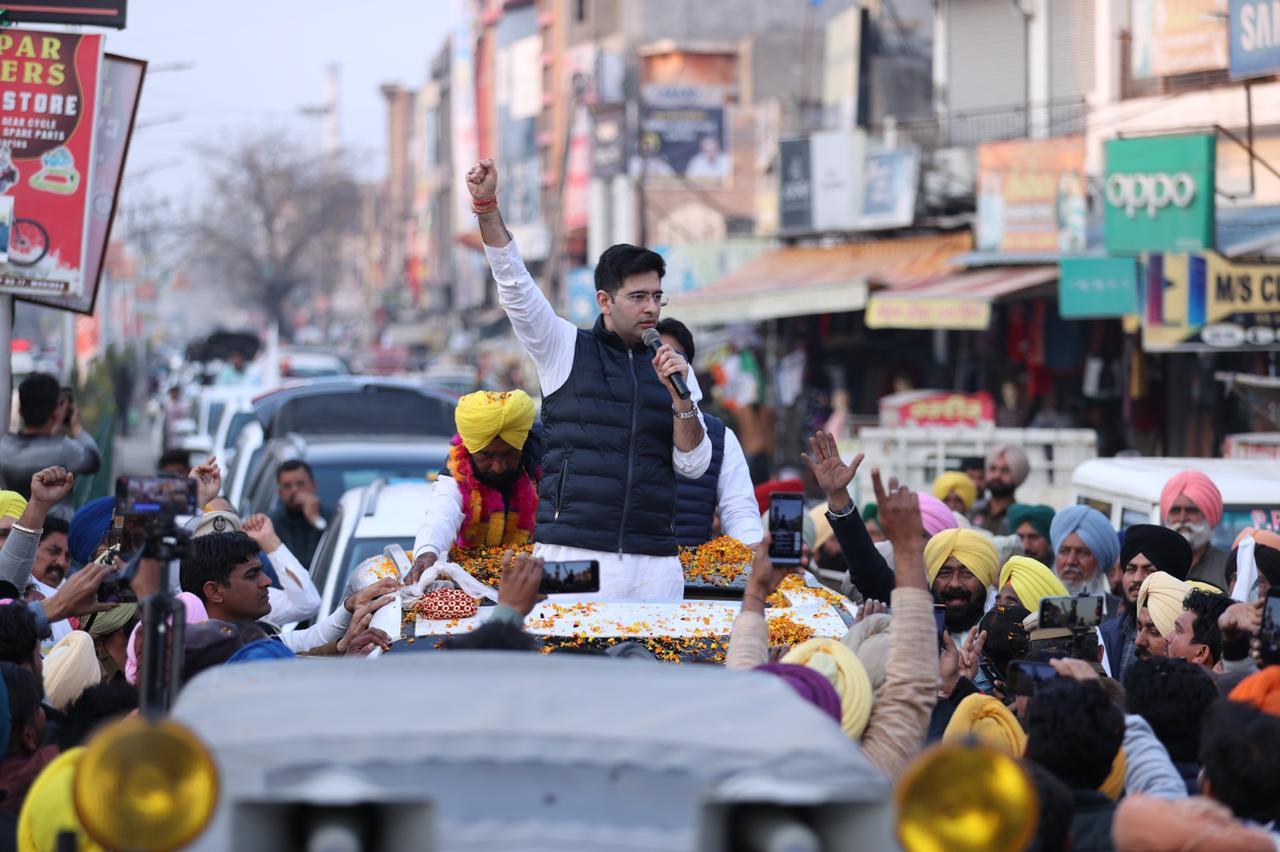IIT Ropar organized Indo-UK workshop for Sustainable Food Supply Chain
Gurpreet kaur/ royalpatiala.in/ Rupnagar
IIT Ropar organized One-Day workshop on Sustainable Food Supply Chain with the support of University of Cambridge, UK and Punjab Agricultural University, Ludhiana that took place in Satish Dhawan Block of Permanent campus of IIT Ropar.Vishwajeet Khanna, Additional Chief Secretary, Govt. of Punjab was the Chief Guest.
This workshop examined potential contributions of the organization, functioning and governance of food value chains to the sustainability of food systems, with a particular attention to environmental issues, including resource use efficiency and biodiversity, economic and social issues. It also considered resource use efficiency (energy, water, etc.), including potential uses of coproduces and by products, reduction of losses, etc., along food chains. It also considered how the very organization of food value chains can improve sustainability as well as employment and income generation opportunities in rural areas, particularly for small farmers.

Prof. Jagjit Singh Sarai, Head Centre for International Manufacturing, University of Cambridge, discussed about the technical requirements that enable tailored engineering solutions (e.g., novel sensor, packaging, and temperature and humidity control) through multi-disciplinary collaborative research efforts.
Prof. B.S. Dhillon, Vice-Chancellor, Punjab Agriculture University, Ludhiana said, “Vast inefficiencies exist at every step of the supply chain of the global food industry. These inefficiencies lead to immense amounts of food loss and waste, with associated losses in natural, energy, and water resources resulting in adverse environmental and climate impacts. The solutions to these problems will need to be multi-faceted, with engineers playing a lead role in advancing the technological breakthroughs that will create economic drivers.”
Prof. Harpreet Singh, Dean ICSR & II, also said, “Without engagement and action at every level of the business, you cannot hope to become truly sustainable.”
The Key Takeaways from the Sustainable Food Supply Workshop was
- We should be encouraging the government to drive better standards
- There is a need for greater, more proactive collaboration along the value chain
- There is a need to break down internal silos and change behaviors and mindsets
- Technology will play an important role, but effective governance must be in place to ensure it is ethical.
The workshop aimed at better framing the notion of “sustainable value chain”. The workshop ended with the vote of thanks to the participants and the Guests. The next level of the workshop will be to have field trips starting from 13th April to 15 April in many small Scale and Large Scale food producing companies in the region with the group of Research Scholars to explore the priority action areas to advance sustainable food systems and diets.



